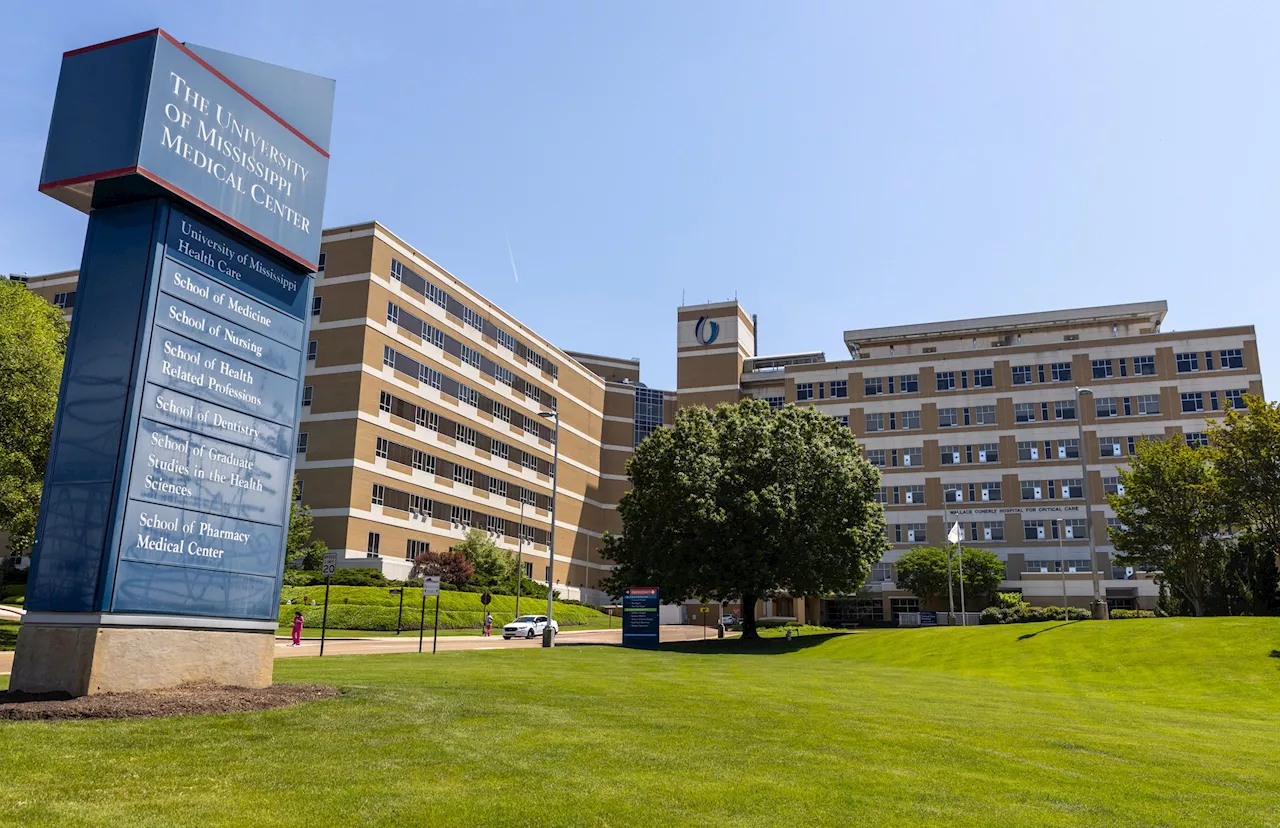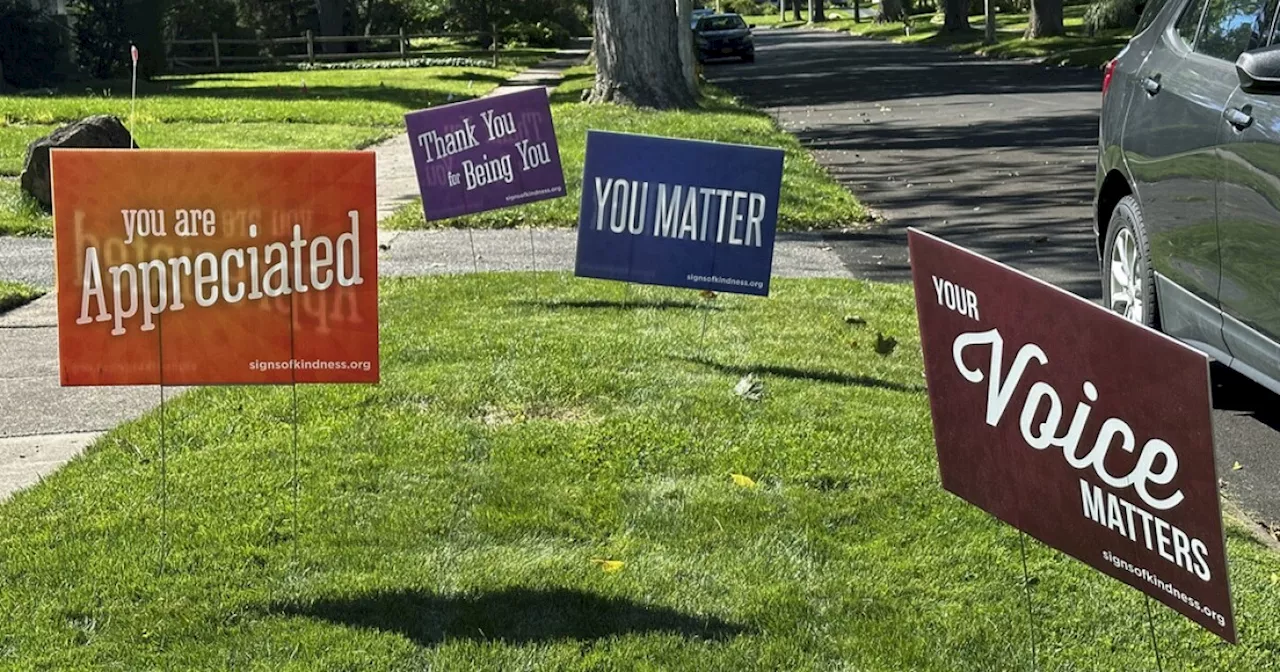This article explores the historical development of the Psychiatric Mental Health Nurse Practitioner (PMHNP) profession, tracing its roots from the 1940s to the present day. It highlights key milestones, including legislation, educational advancements, and societal influences that shaped the PMHNP's role in mental healthcare.
The field of mental health encompasses a diverse range of professionals dedicated to providing care for individuals. Among these professionals is the psychiatric mental health nurse practitioner ( PMHNP ). The foundation for the PMHNP role was laid in 1946 with the passage of the United States National Mental Health Act, which recognized psychiatric nursing as one of the four core mental health disciplines.
This Act paved the way for the development of advanced educational programs in mental health nursing, setting the stage for the emergence of the PMHNP.The PMHNP's origins can be traced back to the 1950s, when there was a growing need for mental health support staff. Dr. Hildegard Peplau, a pioneer in psychiatric nursing, developed a graduate program at Rutgers University for a psychiatric mental health clinical nurse specialist (CNS). Initially, the emphasis was on providing direct care, but the scope of the CNS role gradually expanded to include organizational analysis and consultation services. Further advancements came with the Community Mental Health Centers Act of 1963, which broadened the scope of CNS practice. Over time, CNSs assumed roles in hospitals, community centers, and private practice, contributing significantly to the delivery of mental health services.The establishment of Medicare and Medicaid in 1965 marked another pivotal moment in the evolution of mental health nursing practice, providing greater access to care for a wider population. As the PMHNP role developed, educational preparation went beyond psychotherapy to encompass pathophysiology, health assessment, and pharmacology. This expansion was driven by a decline in the number of nurses pursuing the CNS role, leading to a national panel developing these additional competencies for PMHNPs. This ensured that PMHNPs were equipped to provide comprehensive mental health services, including assessment, diagnosis, and treatment planning. They were also empowered to utilize both pharmacological and non-pharmacological approaches, demonstrating their versatility in addressing a wide range of mental health needs.The PMHNP's prominence grew significantly in the early 1990s, fueled by research highlighting the need for primary mental health services and mental illness prevention. Recognizing the interconnectedness of physical and mental health, the PMHNP emerged as a suitable model to address this holistic approach. The American Nurses Credentialing Center introduced a certification exam in 2001, further solidifying the PMHNP's position as a key player in the mental health services landscape. PMHNPs initially based in hospitals expanded their reach to the community, with 68 percent providing community care by 2007. The majority of U.S. states granted prescriptive authority as part of the PMHNP scope of practice, allowing them to prescribe medications independently. This enhanced autonomy positioned PMHNPs to work effectively across diverse settings, tailoring their services to meet the unique needs of their patients.The Affordable Care Act and healthcare reform ushered in an era of increased focus on holistic practices, mental illness prevention, and mental wellness. This shift aligned with the PMHNP's educational background, which encompasses psychotherapy, pharmacology, physical assessment, and pathophysiology. The PMHNP role naturally fit within this new paradigm, offering a comprehensive approach to care that addressed both physical and mental health concerns.Psychiatric mental health nursing organizations actively endorsed the PMHNP role in response to the consensus model for advanced practice registered nurses (APRNs) and state regulations. This model, developed in collaboration with nursing educational institutions, accrediting bodies, certification institutions, and licensing bodies across the United States, aimed to standardize APRN education and practice. Leaders in psychiatric mental health nursing championed recommendations for implementing this model, advocating for a singular entry educational focus for the future. This approach emphasized preparation across the lifespan, encompassing mental health promotion, diagnosis, and treatment of mental illnesses. Psychotherapeutic modalities were deemed essential components of educational programs, ensuring that PMHNPs possessed the necessary skills to provide effective and individualized mental health care.The PMHNP's role continues to expand as societal demands for mental health services increase. This growing workforce requires a strong foundation in evidence-based practice and ongoing commitment to professional development. To fully realize their potential and provide comprehensive care, continued political advocacy is crucial to remove regulatory barriers at the state level that may limit the scope of practice for psychiatric mental health nurse practitioners.
Psychiatric Mental Health Nurse Practitioner PMHNP Mental Health Nursing Healthcare Reform Advanced Practice Registered Nurse APRN
United States Latest News, United States Headlines
Similar News:You can also read news stories similar to this one that we have collected from other news sources.
 The Heat is On: Exploring the Health and Mental Health Benefits of Hot YogaThis article delves into the growing popularity of hot yoga and examines the scientific evidence supporting its claimed health and mental health advantages. It explores the potential benefits of hot yoga for physical well-being, including pain relief, calorie expenditure, and cardiovascular health, as well as its impact on mental health, particularly in managing depression symptoms. The article also discusses the importance of hydration, precautions for certain individuals, and the need for further research to fully understand the mechanisms of action and long-term effects of hot yoga.
The Heat is On: Exploring the Health and Mental Health Benefits of Hot YogaThis article delves into the growing popularity of hot yoga and examines the scientific evidence supporting its claimed health and mental health advantages. It explores the potential benefits of hot yoga for physical well-being, including pain relief, calorie expenditure, and cardiovascular health, as well as its impact on mental health, particularly in managing depression symptoms. The article also discusses the importance of hydration, precautions for certain individuals, and the need for further research to fully understand the mechanisms of action and long-term effects of hot yoga.
Read more »
 Fox News Health Newsletter: Wildfires Impact Mental Health, Red Food Dye Banned, and MoreThe Fox News Health newsletter provides a comprehensive overview of current events in healthcare, wellness, diseases, mental health, and related topics. This edition highlights the devastating impact of the Los Angeles wildfires on mental health, warns of the physical dangers posed by wildfire smoke, and celebrates the FDA's decision to ban a carcinogenic red food dye. The newsletter also features additional health-related articles and resources.
Fox News Health Newsletter: Wildfires Impact Mental Health, Red Food Dye Banned, and MoreThe Fox News Health newsletter provides a comprehensive overview of current events in healthcare, wellness, diseases, mental health, and related topics. This edition highlights the devastating impact of the Los Angeles wildfires on mental health, warns of the physical dangers posed by wildfire smoke, and celebrates the FDA's decision to ban a carcinogenic red food dye. The newsletter also features additional health-related articles and resources.
Read more »
 Dear Abby: I’m not giving more money to my best friend, who’s dating a deadbeatHer physical health is suffering, and so is her mental health.
Dear Abby: I’m not giving more money to my best friend, who’s dating a deadbeatHer physical health is suffering, and so is her mental health.
Read more »
 More Americans Prioritize Mental Health in 2025 ResolutionsThe American Psychiatric Association reports a 33% increase in Americans making mental health a New Year's resolution. Experts believe this trend reflects growing awareness of mental health challenges and a desire to improve well-being. Factors like anxiety, depression, and the lingering effects of COVID-19 are contributing to the focus on mental health.
More Americans Prioritize Mental Health in 2025 ResolutionsThe American Psychiatric Association reports a 33% increase in Americans making mental health a New Year's resolution. Experts believe this trend reflects growing awareness of mental health challenges and a desire to improve well-being. Factors like anxiety, depression, and the lingering effects of COVID-19 are contributing to the focus on mental health.
Read more »
 UMMC Launches CHAMP4Moms Program to Increase Mental Health Access for MothersA new program at the University of Mississippi Medical Center (UMMC), called CHAMP4Moms, aims to improve access to mental health services for mothers. The program, an extension of the existing CHAMP (Child Access to Mental Health and Psychiatry) initiative, provides a direct phone line for health providers to consult with a reproductive psychiatrist regarding pregnant women or new mothers who may require mental health support. This resource eliminates the need for mothers to seek out psychiatrists independently and empowers healthcare providers without extensive psychiatry training to assist these women.
UMMC Launches CHAMP4Moms Program to Increase Mental Health Access for MothersA new program at the University of Mississippi Medical Center (UMMC), called CHAMP4Moms, aims to improve access to mental health services for mothers. The program, an extension of the existing CHAMP (Child Access to Mental Health and Psychiatry) initiative, provides a direct phone line for health providers to consult with a reproductive psychiatrist regarding pregnant women or new mothers who may require mental health support. This resource eliminates the need for mothers to seek out psychiatrists independently and empowers healthcare providers without extensive psychiatry training to assist these women.
Read more »
 Investing in Mental Health Boosts US Economy, Study FindsA new study by the Ohio Council of Behavioral Health & Family Services Providers reveals that untreated mental health challenges cost the U.S. economy nearly $300 billion annually. The study emphasizes that improving access to mental health support would add $53 billion in economic output and benefit both individuals and businesses. The report highlights the need for increased funding in Ohio's state budget to address the growing demand for mental health services.
Investing in Mental Health Boosts US Economy, Study FindsA new study by the Ohio Council of Behavioral Health & Family Services Providers reveals that untreated mental health challenges cost the U.S. economy nearly $300 billion annually. The study emphasizes that improving access to mental health support would add $53 billion in economic output and benefit both individuals and businesses. The report highlights the need for increased funding in Ohio's state budget to address the growing demand for mental health services.
Read more »
